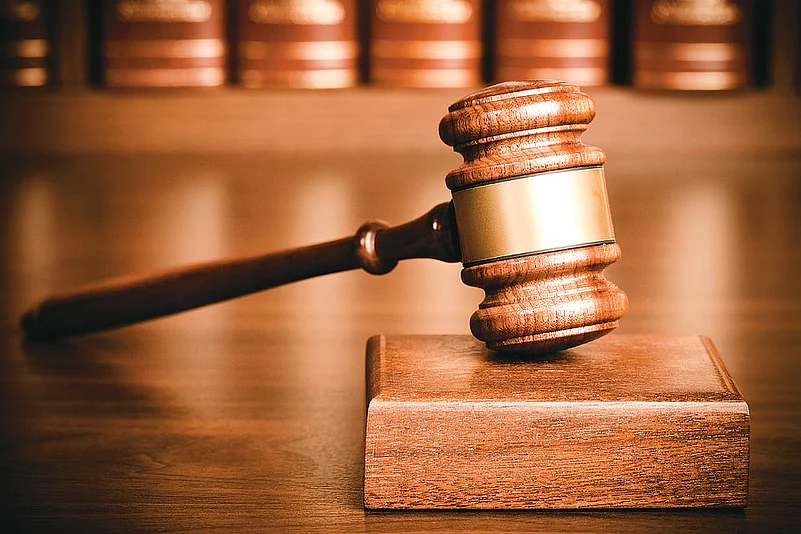Given a litigous population, a massive pile pending before courts, and cases that drone on, like Dickens’s Jarndyce and Jarndyce, lawyers have few tech options to tap into. A trickle from foreign lands have to be heavily customised for use in India. Of course, digitised versions of conventional tools have arrived, like mobile access to law libraries. The law digests of judgements, such as the Supreme Court Cases (SCC), went digital over a decade ago. Then there was the popular Manupatra.com, which could be used for research. Apps on smartphones have bare acts without much commentary, or some subscription-based cloud access to digital libraries. But such research tools aren’t enough for top corporate lawyers.
Recently, it was reported that law firm Baker and Hosteler had employed a ‘robotic lawyer’. In India, Rajiv Luthra of Luthra & Luthra is now testing this software, ROSS, to advise app developers. ROSS is a version of iPhone’s SIRI, where you can pose queries, and get answers to specific questions instead of ‘matching answers’ to keyword searches. It’s meant to cut down lawyers’ residency in tenebrous, book-lined offices.
Legal publishers Lexis Nexis has launched a web-based app for lawyers in India to reduce time spent on procedural drudgery. It also bridges the gap between jurisdictions for lawyers working with clients with businesses in different countries. Contract templates and clauses in practical guidance are drafted by experts, giving the app the imprimatur of the Society of Indian Law Firms. But now, lawyers have to be goaded into using tech tools, which, in turn, would lead to a burst of activity from app developers. Yet, we mustn’t cavil at a paucity of tech aiding law, for the profession offers unique challenges, like that of privacy. Bound by confidentiality, some lawyers use email services that use state-of-the-art encryption. And government websites? Let’s be kind, and say they belong to the Ice Age.


























